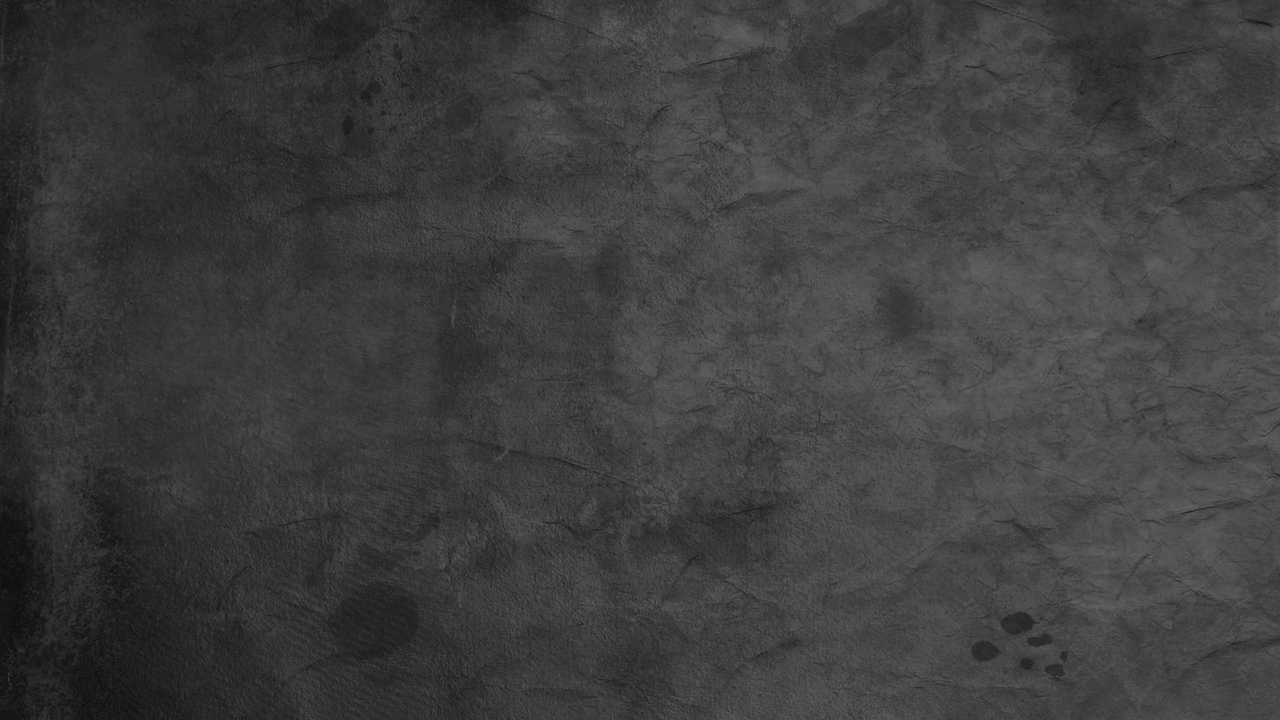
ETERNALSOLDIER
An Old Soldier's Tale
by Michael Toner
In an era when every topic in the public sector is slanted toward entertainment, it is very difficult to give a definition of what it means to be a military veteran, let alone to be a war combat veteran. I remember as a child seeing World War I veterans at Wissinoming Park in Philadelphia on the Fourth of July; and I’ll never forget the World War I vet, still trim and vigorous in his doughboy uniform, who marched side by side with Vietnam vets in Washington DC for the unveiling of their memorial, on a day when the cowardly President Ronald Reagan had skipped town for the weekend to avoid validating the sacrifices of those same veterans. Just about all men and also many women of my parents’ generation were World War II veterans. Korean War veterans were a shamefully neglected group, and my own fellow Vietnam War veterans were reviled upon returning from their war. Iraq and Afghanistan veterans are praised at sports events and White House award ceremonies, and then hastily forgotten as they take their place in the social substrata of the unknown soldiers of so many other wars.
So what does it mean to be a veteran, and to come home from a foreign war? Especially when "home" itself can be such an alien term, a reverie from one’s youth, but perhaps never again attainable? Can those combat-weary souls with the thousand-yard-stares from all those wars ever really come home again? In this regard, I think of Erich Maria Remarque’s definitive novel of war, All Quiet on the Western Front; or Tim O’Brien’s memorable book of short stories, The Things They Carried; or Norman Mailer’s great novel, The Naked and the Dead, for they, too, were either recon or infantry like myself, survivors of war at considerable remove from the societies they re-entered, and I must confess much better literary recounters than I of the combat war experience.
Perhaps, as Tim O’Brien says, all we veterans can do is to tell our war stories. And in so doing, hope that these same stories, in fiction, poetry, drama or film, can somehow illuminate the human narrative so besieged by the concomitant inhumanity of the war experience.
We currently live in a country where one presidential candidate, Donald Trump, himself a draft-dodger during the Vietnam War era, in his improvised stump speeches has derided proven war hero Senator John McCain, who spent five-and-a-half years as a POW in Hoa Lo prison in North Vietnam; and this same candidate has openly mocked veterans suffering from PTSD, and even those who have committed suicide, as being weaklings or somehow inferior humans. I often wonder how the survivors of Normandy Beach, the Hurtgen Forest, and Iwo Jima; of Inchon and the Chosin Reservoir; of Khe Sanh, the Ia Drang Valley, Dak To, and the Tet Offensive feel about such disparagement from a person who seems to be the embodiment of cowardice, paranoia and sexual predation?
In such a milieu, how does one tell what it is like to be a veteran, to carry the physical and psychological scars of battle, to come home but yet to never leave those fields of fire, to try to make peace with the past in a very turbulent present? This is each veteran’s last and assuredly his or her impossible mission, though one we must attempt daily, if we are to come to terms with our wars, our country, ourselves. The realms of dramatic and literary endeavor are the loci where I can best do this, as unpretentiously and as truthfully as my historical imagination allows. The struggle is unending, but there is promise of redemption in "the work itself being its own reward," as we say in the theatre. I approach this vocation in all humility, and am deeply grateful for its elementary rewards.
I like to think that every old soldier contributes something to the truth of war with each story that he or she shares with others over time, over great distance from the battlefields of youth.
For good or ill, each adds a piece to the mosaic that can never quite be completed. Stories that must always be re-lived by the teller, suffered again, or cherished again, as the case may be. These tellers of tales, these redactors of heroic and despotic and amorous and infamous and courageous deeds, are an integral part of our world. In their difficult work they derive meaning out of utter chaos. Unlike politicians, they do not validate wars, nor are they apologists for same. To the contrary, they are the living witnesses to the devastation and futility and the ultimate immorality that is the primal act of war. That they are mocked or ignored or reviled is no surprise to them. As James Baldwin once said in another context, "One can only face in others what one can face in oneself."
World War I veterans are long gone and World War II’s survivors are fading fast. Korean War veterans, too, are ripe for harvest and Vietnam War vets are right behind them for Fate’s forced march toward Fiddler’s Green. Though old soldiers like myself will not be around forever, old war stories will certainly be. But perhaps protagonist Gene Forrester’s adolescent rumination near the end of John Knowles’s superb novel, A Separate Peace, says it best: "It seemed clear that wars were not made by generations and their special stupidities, but that wars were made instead by something ignorant in the human heart."
Michael P. Toner
Army Veteran (Vietnam)
(c) 2016